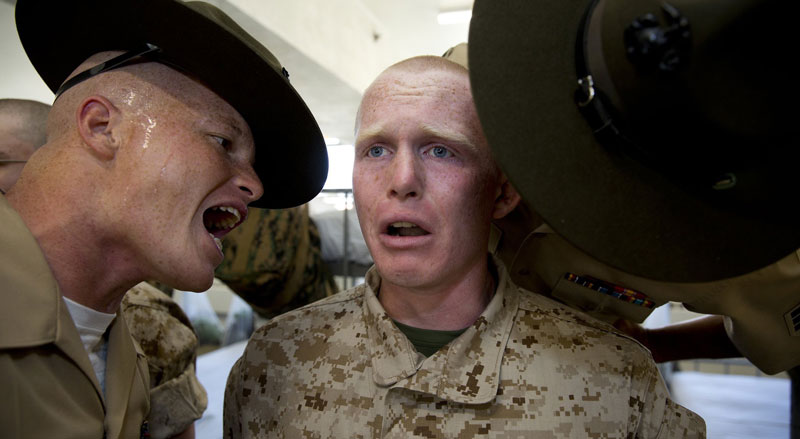Secretary of the Army Christine Wormuth could not explain in a hearing Tuesday why race should be a factor in recruiting when GOP Rep. Jim Banks of Indiana pointed out that race-based admissions occurs at just one of the Army’s three main sources of junior officers.
Wormuth said she did not know whether race was a factor in accepting candidates to the Army’s Officer Candidate School (OCS), which, along with the U.S. Military Academy at West Point and Reserve Officer Training Corps (ROTC) programs at civilian schools, develop leaders for the Army.
Military leaders doubled down on a national security-based argument for diversity after the Supreme Court banned affirmative action at public colleges and universities, but allowed it to continue at service academies in June.
“To be honest, congressman, I’m not sure off the top of my head,” Wormuth told the House Armed Services Committee during the hearing when asked whether race was a factor in admission to OCS. “We basically are looking for the best qualified diverse folks to come into our officer corps.”
The Army had said that affirmative action is “critical to national security,” arguing in favor of keeping race-based admissions at service academies, according to Banks He questioned why race-based admissions to West Point would be important while the Army doesn’t know if a similar practice occurs at OCS.
“The same reason would be true for OCS and our West Point officers. It’s to make sure we have the best qualified diverse set of people to lead an enormous army made up of people from … all different demographics,” Wormuth said.
In July, West Point superintendent Lt. Gen. Steven Gilland defended the academy’s diversity goals in response to being shown an internal document detailing the composition goals for classes up to the class of 2020, including goals related to racial categories black, Hispanic and Asian.
“Frankly I was a little puzzled at the Supreme Court’s decision and the fact that they created a carve-out for the military academies,” Wormuth said. “Why would they treat the academies different from regular civilian colleges and universities? I wasn’t sure what the line of thinking there was.”

